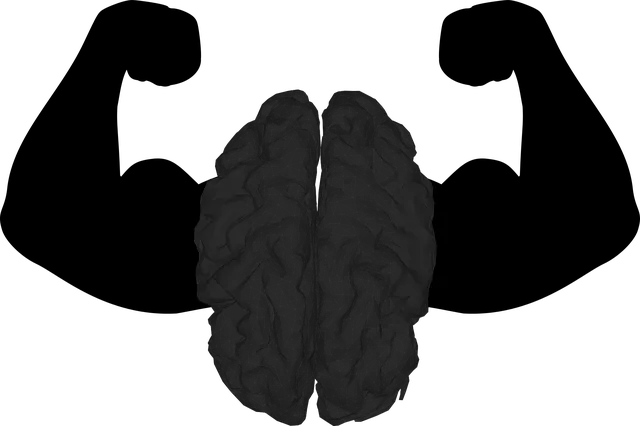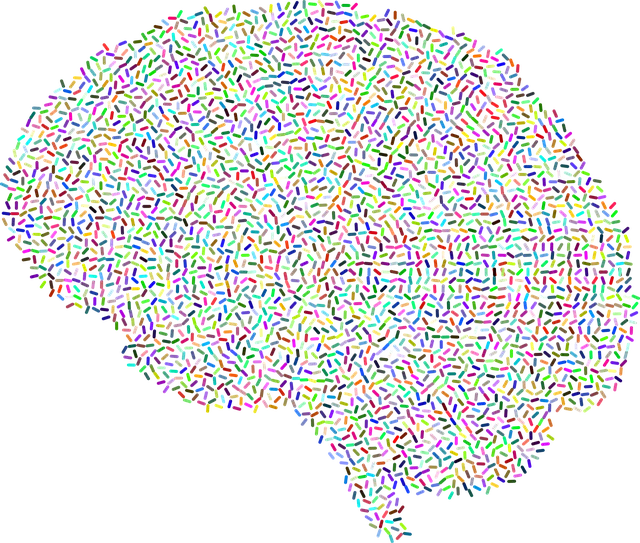The Wheat Ridge Kaiser Permanente Mental Health Access Center employs a multi-faceted approach to understand and address community mental health needs, utilizing data from electronic health records, surveys, and public awareness campaigns. They analyze trends in conditions like anxiety, depression, and PTSD to identify at-risk populations and develop targeted interventions. Beyond data collection, the center offers proactive Mental Wellness Coaching Programs to empower individuals to take charge of their mental well-being. This comprehensive strategy, integrating data analysis with community engagement, enhances overall mental health outcomes by providing tailored care and promoting a culture of mental wellness at Wheat Ridge Kaiser Permanente.
Mental health data analysis is a powerful tool for understanding and improving care. This article explores the intricacies of analyzing and interpreting data from the Wheat Ridge Kaiser Permanente Mental Health Access Center, offering valuable insights into mental health trends. We delve into data collection methods, employing advanced techniques to uncover hidden patterns. By interpreting these findings, we can identify gaps in care and drive improvements in service delivery. Furthermore, we discuss ethical considerations and privacy measures essential for harnessing the potential of mental health data while ensuring patient confidentiality.
- Understanding Mental Health Data: Collection and Sources at Wheat Ridge Kaiser Permanente Mental Health Access Center
- Data Analysis Techniques for Unlocking Insights into Mental Health Trends
- Interpreting Findings: Identifying Patterns and Gaps in Mental Health Care
- Utilizing Data to Improve Access and Quality of Mental Healthcare Services
- Ethical Considerations and Ensuring Privacy in Mental Health Data Analysis
Understanding Mental Health Data: Collection and Sources at Wheat Ridge Kaiser Permanente Mental Health Access Center

At the Wheat Ridge Kaiser Permanente Mental Health Access Center, understanding mental health data involves a meticulous process of collection and interpretation to effectively address community needs. The center leverages various sources of data, including electronic health records, surveys, and public awareness campaigns development initiatives. These efforts aim to capture insights into mental wellness across different demographics, age groups, and socio-economic backgrounds. By analyzing trends in conditions such as anxiety, depression, and PTSD, the center can identify at-risk populations and tailor interventions accordingly.
Through its Mental Wellness Coaching Programs Development, Wheat Ridge Kaiser Permanente goes beyond data collection, offering proactive solutions. These programs are designed to foster positive thinking and resilience, empowering individuals to manage their mental health proactively. By integrating data analysis with community engagement and development strategies like public awareness campaigns, the center ensures a comprehensive approach to improving mental health outcomes, ultimately enhancing overall well-being in the community.
Data Analysis Techniques for Unlocking Insights into Mental Health Trends

Data analysis plays a pivotal role in uncovering valuable insights into mental health trends, especially within institutions like the Wheat Ridge Kaiser Permanente Mental Health Access Center. By employing robust statistical methods and sophisticated analytical tools, researchers can delve into vast datasets to identify patterns and correlations that highlight key aspects of mental well-being and disorder management. These techniques enable a deeper understanding of various factors influencing mental health outcomes, from demographic trends to access to care and treatment effectiveness.
Advanced analysis can facilitate the development of targeted interventions based on identified needs. For instance, examining data related to public awareness campaigns and inner strength development initiatives can reveal successful strategies for resilience building. This knowledge is instrumental in shaping evidence-based programs that cater to specific mental health challenges prevalent within communities, ultimately enhancing access to quality care and fostering a culture of mental wellness.
Interpreting Findings: Identifying Patterns and Gaps in Mental Health Care

When analyzing mental health data, one of the critical aspects is interpreting the findings to identify patterns and gaps in care. This process involves a meticulous review of statistical trends, patient narratives, and clinical outcomes. By delving into the numbers, researchers and healthcare professionals can uncover insights that highlight areas where mental health services excel and where improvements are needed most urgently.
For instance, at the Wheat Ridge Kaiser Permanente Mental Health Access Center, data analysis has played a pivotal role in shaping their approach to care. Through examining patient demographics, treatment modalities, and outcome measures, they’ve identified specific populations with limited access to resources and recognized the need for tailored interventions. This data-driven approach has not only informed their service delivery but also inspired initiatives like the Mental Wellness Podcast Series Production, which offers valuable insights on Self-Esteem Improvement and Stress Management, addressing gaps in available support.
Utilizing Data to Improve Access and Quality of Mental Healthcare Services

At Wheat Ridge Kaiser Permanente mental health access center, data plays a pivotal role in enhancing patient care and improving community wellness. By meticulously analyzing trends and patterns within their vast dataset, healthcare providers can identify areas where resources are lacking or services could be optimized. This proactive approach ensures that mental healthcare is accessible to all, regardless of socio-economic factors. For instance, insights derived from data may reveal disparities in treatment access, prompting targeted initiatives to reach underserved populations and offer them the support they need.
Furthermore, data analysis enables evidence-based interventions that boost confidence in both patients and practitioners. By understanding what works best for certain conditions, such as depression prevention or conflict resolution techniques, healthcare professionals can tailor their approaches. This personalized care not only improves outcomes but also fosters a sense of empowerment among individuals seeking mental health services. Ultimately, leveraging data smartly contributes to a more efficient and effective mental healthcare system.
Ethical Considerations and Ensuring Privacy in Mental Health Data Analysis

In the realm of mental health data analysis, ethical considerations and ensuring privacy are paramount. As institutions like the Wheat Ridge Kaiser Permanente Mental Health Access Center gather and analyze sensitive information, it’s crucial to maintain strict confidentiality. This involves implementing robust data protection measures, such as encryption technologies and access controls, to safeguard patient records from unauthorized access or disclosure. The Community Outreach Program Implementation within these centers often relies on data-driven insights to tailor services effectively; thus, adhering to stringent privacy standards is essential for building trust with the communities they serve.
Beyond confidentiality, ethical analysis demands a nuanced understanding of power dynamics and potential biases that may influence data interpretation. Mental health data can be highly sensitive, encompassing personal struggles and diagnoses. Therefore, any policy analysis or advocacy efforts, such as Mental Health Policy Analysis and Advocacy, must prioritize the right to privacy and avoid stigmatization. This includes responsible data sharing practices, where de-identified data is used for research or service improvements without compromising individuals’ mood management or long-term mental well-being.
Mental health data analysis, as exemplified by practices at the Wheat Ridge Kaiser Permanente Mental Health Access Center, holds immense potential for transforming mental healthcare. By understanding diverse data sources and employing advanced analysis techniques, we can unveil critical trends and patterns within mental health care. Interpretation of these findings allows us to identify gaps in services and make informed decisions to improve access and quality. Leveraging data ethically and with strict privacy considerations is essential to ensure that this powerful tool benefits individuals seeking mental healthcare support.






